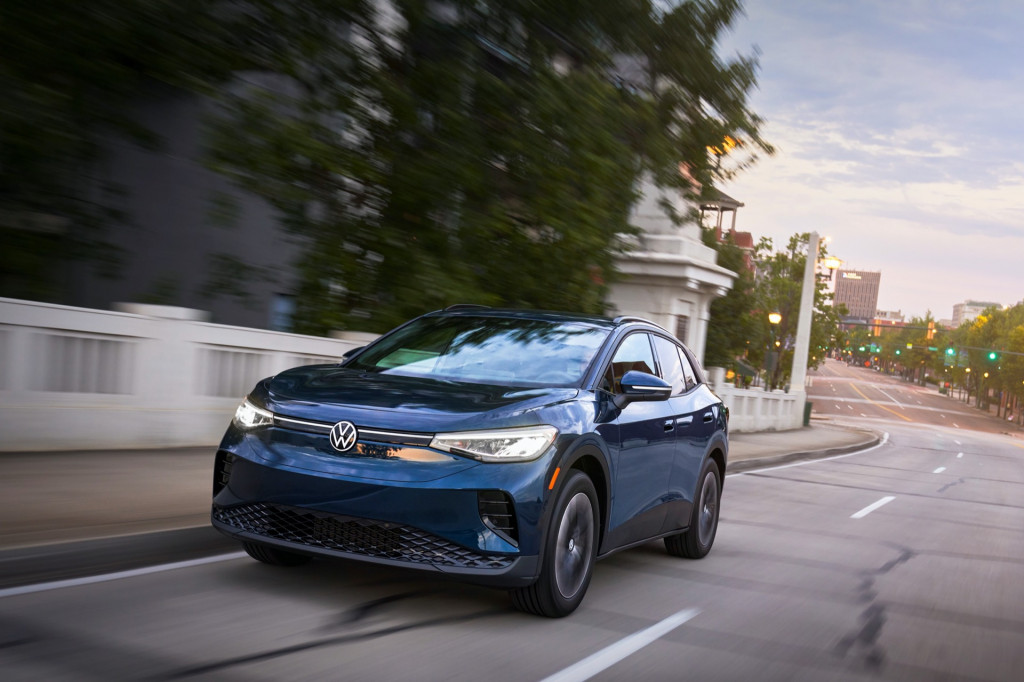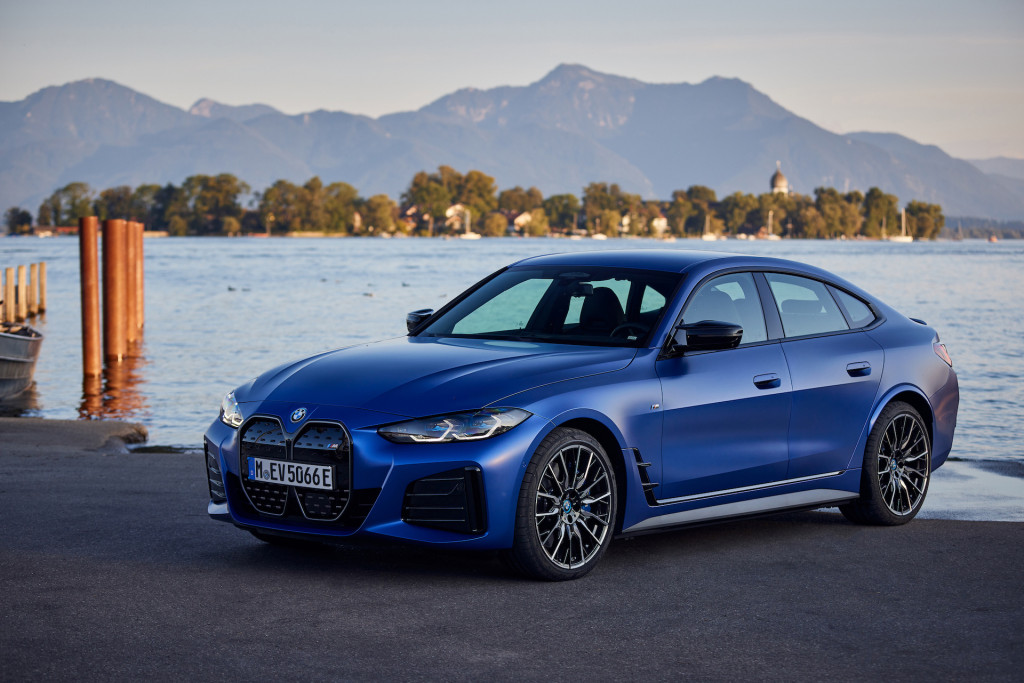California is taking a big step toward a goal of ending new internal-combustion vehicle sales by enshrining the planned 2035 end date as policy.
Governor Gavin Newsom signed an executive order in September 2020 calling for a ban on the sale of new gasoline and diesel cars by 2035. On Thursday, the California Air Resources Board (CARB), the powerful regulatory agency that sets the state's emissions standards, is expected to vote to implement the ban, as part of its standards for 2026 and beyond.
The number of zero-emission vehicles sold in California is expected to gradually ratchet up until it reaches 100% by 2035. But even that could leave room for plug-in hybrids with substantial electric range and minimal tailpipe emissions (if drivers do plug in daily).

2023 Volkswagen ID.4
In some respects, California is heading in the right direction. It leads the nation in home EV charger installation, according to a recent study, and reached a cumulative one million plug-in vehicle sales earlier this year.
But California's electrical grid will have to shift to use of renewable energy on a more consistent basis to minimize emissions, and top California utilities have also said the grid will need massive upgrades to be fit for shifting entirely away from the sale of gasoline vehicles by 2035. In April, the grid was powered entirely—or nearly so—by renewable energy, but use of more carbon-intensive sources was expected to increase over the summer due to droughts that limit hydropower generating capacity. Last year's heat waves prompted alerts about EV charging habits.

2022 BMW i4 M50
California is able to implement the internal-combustion sales ban because the Biden administration restored the state's Clean Air Act waiver, which allows California to set its own, stricter emissions rules, after the Trump administration moved to revoke it.
Several automakers, including General Motors, Fiat Chrysler Automobiles (now Stellantis), and Toyota supported the effort to limit California's emissions authority. Toyota was the last holdout, only this week acknowledging California's authority and ending the fight.
This is going to extend well beyond California, and it will be a catalyst for EV adoption in ways that can't fully be assessed quite yet. States that have decided to follow California's emissions rules represent about a third of the U.S. auto market, and they each may also adopt the new targets.
--
with Bengt Halvorson












